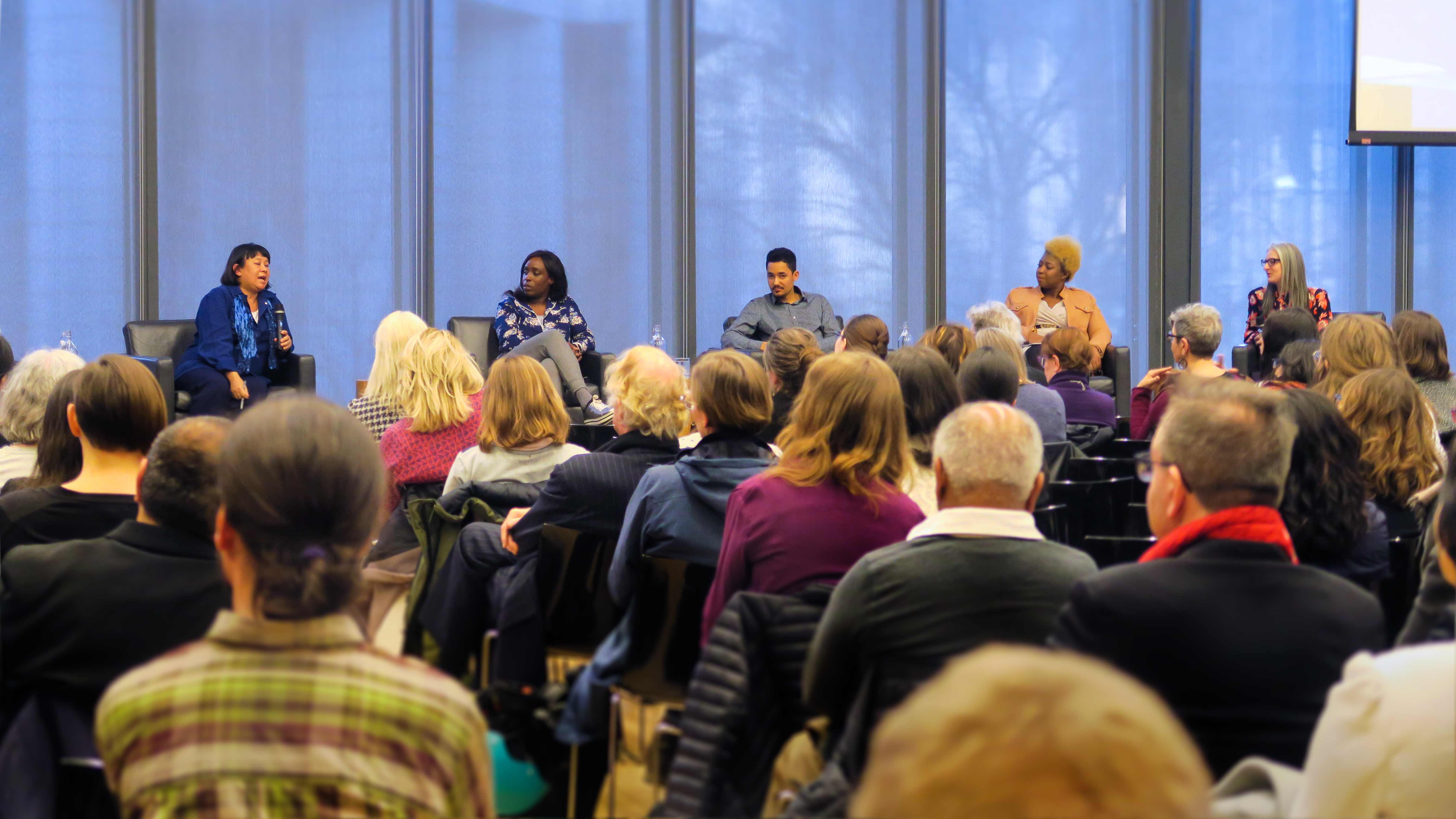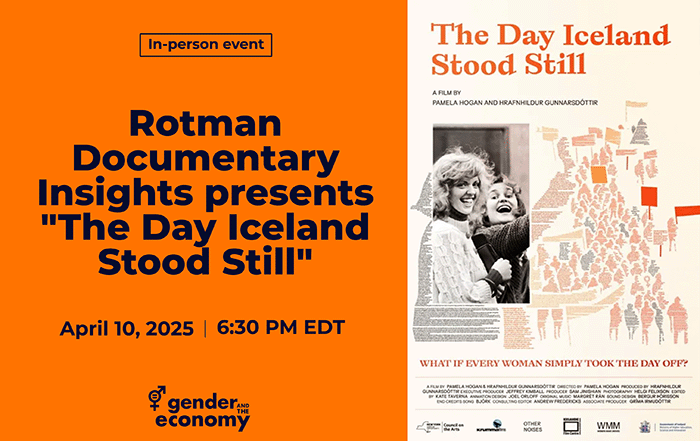Nearly 40 years on from Dolores Hayden’s famous envisioning of a feminist city in her 1980 article “What Would a Non-Sexist City Be Like?”, the city remains deeply inequitable. A 2017 report by the nonprofit organization Social Planning Toronto, highlights several data points that reflect the inequity in our own city of Toronto, including:
- Indigenous families with children in the City of Toronto experience an extremely high poverty rate of 84%.
- 37.8% of children in lone-parent families in the Toronto region live in poverty, while the rate for children in female lone-parent households is 40%, more than twice the poverty rate of two-parent families.
- The gap in child poverty rates across Toronto neighbourhoods remains stark, ranging from 4% in Kingsway South to 60% in Thorncliffe Park.
Since 1982, the income gap between Toronto’s top 1% of earners and its median earners has doubled, and between 2016 and 2017, the monthly cost of living for a single young person in Toronto increased by an average of $400 (due primarily to the exponential increase in rental prices). High rental and housing prices combined with increases in the costs of childcare and public transit are making it more difficult for Toronto residents to make ends meet, let alone move up the socioeconomic ladder. For those working for minimum wage (frozen at $14/hour in Ontario) as well as part-time or contract work (primarily composed of immigrant and Indigenous women, and visible minorities), the situation is especially dire–and these trends are seen across major cities around the globe.
To address the issue of access and gender equity in the city and imagine what a feminist city could look like, this event gathered esteemed local urbanists, activists, and writers.
This discussion featured Kofi Hope, Senior Policy Advisor, Wellesley Institute; Bousfield Distinguished Visitor, Department of Geography and Planning, University of Toronto; Olivia Nuamah, Executive Director, Pride Toronto; Rosemarie Powell, Executive Director, Toronto Community Benefits Network; Brigitte Shim, Professor, John H. Daniels Faculty of Architecture, Landscape, and Design, University of Toronto; Principal, Shim-Sutcliffe Architects; and was moderated by Sarah Kaplan, Director and Professor – Institute for Gender and the Economy, Rotman School of Management; and Matti Siemiatycki, Director and Professor, School of Cities, University of Toronto.
The conversation explored public policy, decision-making processes, community engagement, and the urban built form, and discussed potential paths forward to creating a more inclusive city.







